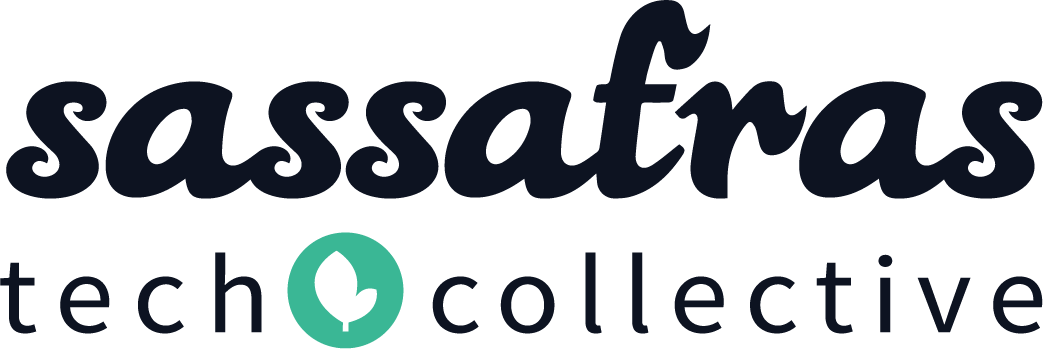What It Takes to be a Teachable, Learningful Workplace
Teaching is the act of one or more people giving you power over their attention and using that power to develop their knowledge, identity, and beliefs about themselves.
Amy J. Ko
Every year we have an Annual General Meeting (AGM) — two days of retreat where we clear our schedules and spend quality time with each other to think about the business we’ve created, where we’ve come from, and where we’re going.
AGM objectives include planning our 18-month roadmap, agreeing on when and how to hire, updating our core policies, and learning from the past. In order to have these pivotal conversations effectively, we need to be able to share information and learn from each other without causing harm (intentionally or not).
This need also carries over into our day-to-day work — software is always changing and we’re always growing, and we want to help each other grow.
Hierarchical orgs often call this “mentorship”, which works in many situations but often leads to problematic power dynamics. A more democratic alternative has been called “critical pedagogy” by Paulo Freire — it deals with power imbalances and learning in the classroom. We wanted to bring these lessons to the workplace.
In 2019, our AGM was facilitated by Manju Rajendran from AORTA who created this beautiful poster with some agreements for teaching and learning from each other. She asked us to shout out things we care about and then summarized them magnificently. Full text below:

We have all the time we need to value each other and offer grace. We deliberately receive and share learnings with each other.
We acknowledge that we all bring baggage around learning shaped by racism, classism, sexism, ableism, colonialism, and other systems of oppression.
We respect each other’s knowledge and experience. We honor knowledge about emotional intelligence, cooperative culture, oppression analysis, and pedagogical knowledge as much as we honor programming, design, user experience, or project coordination knowledge.
We work at our edges, with self-awareness about our zone of proximal development. We practice the right to freely ask questions and freely name what we don’t know.
We offer and receive peer supervision, one-on-one mentoring, and mutual coaching in ways that are kind, patient, curious, compassionate, and equitable; in ways that disrupt oppressive power dynamics in our field.
We intentionally share knowledge + experience with opportunity for consent. We are open to yes; no; maybe. We have clear knowledge of roles based on an honest, accurate, judgment-free assessment of where we are. We offer grace around figuring that out together without making assumptions.
We know learning takes many fun shapes: visuals; practice; note-taking; low-stakes experimentation; unpressured, less time/money bound conversations; project-based learning; paired work; concrete examples; classes and workshops; structured written tools; creating products.
In other words: Growth is worth investing in and happens in different ways for everyone. Those with systemic privilege may not even recognize their need to grow in some areas. Teaching and learning from each other both require ongoing consent. Certain types of labor, skills, and knowledge are systemically undervalued. And systemic oppression makes all of this more complicated and also more vital to get right.
These agreements aren’t perfect, but they help us stay accountable. If you’re interested in being part of our workplace, we’d love to hear from you via info@sassafras.coop.
UPDATE 2020: We’ve integrated these values into our new and improved Cultural Values and Practices document.
